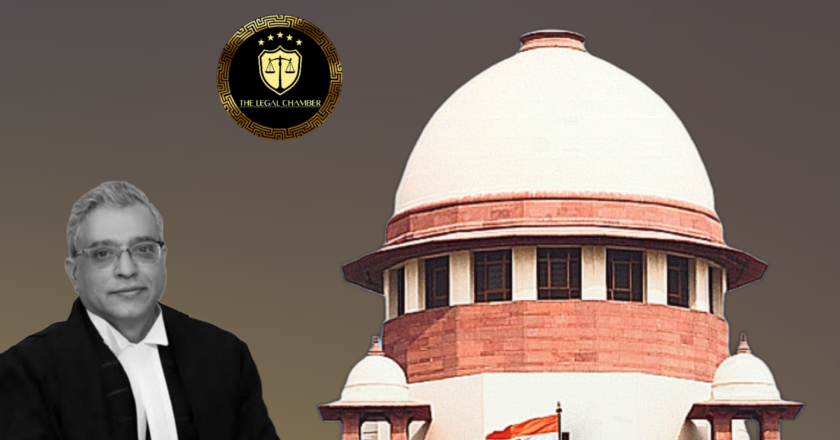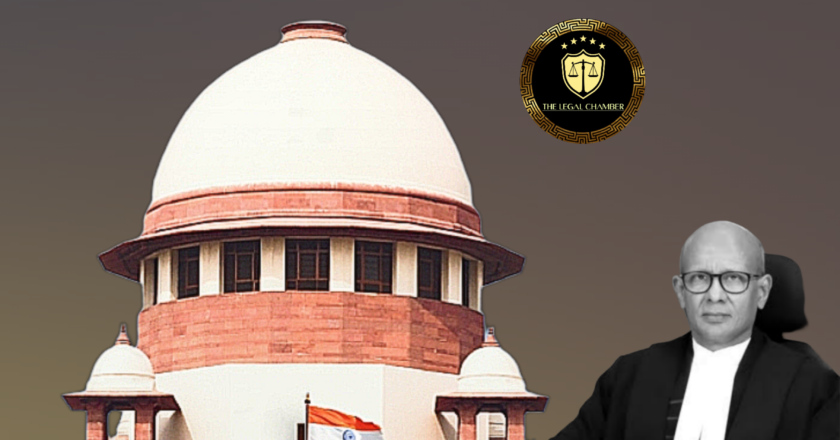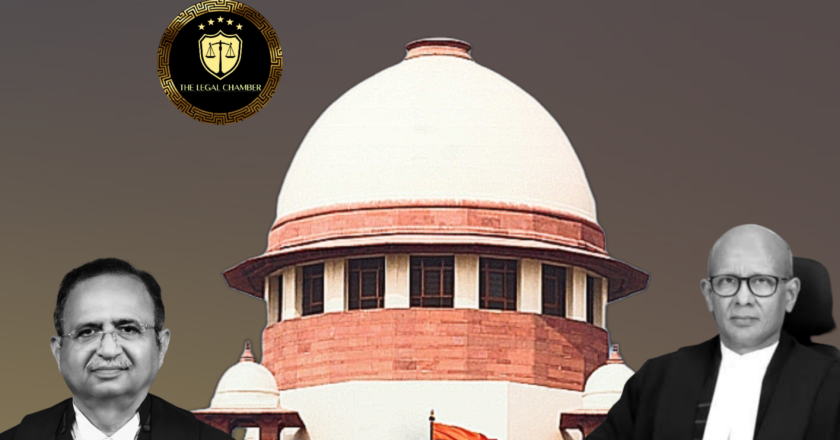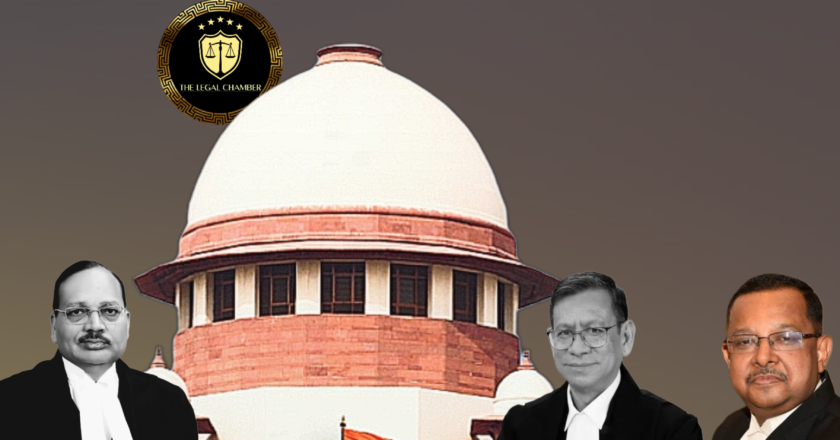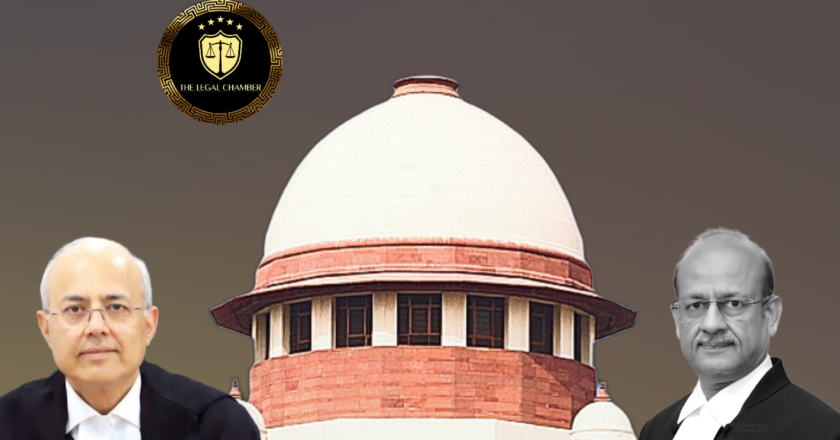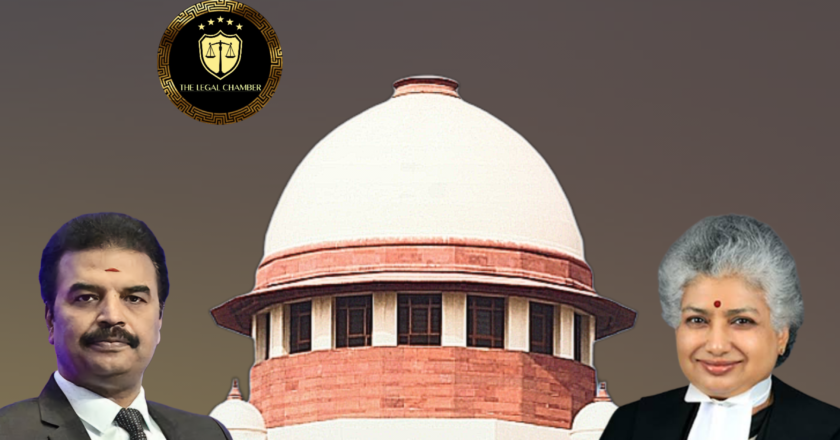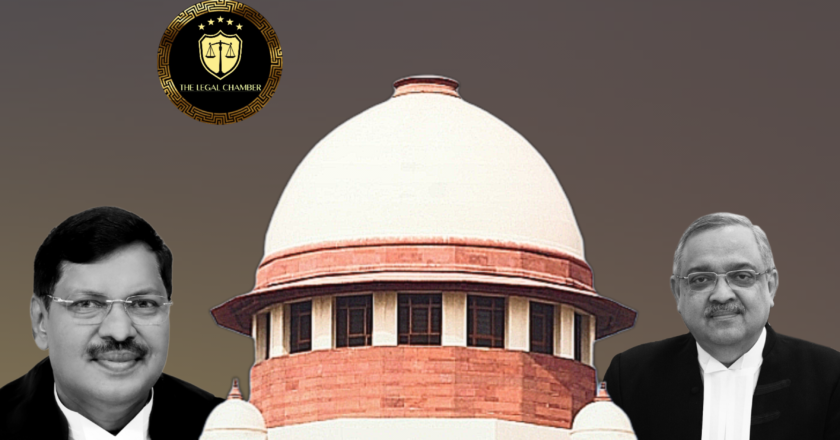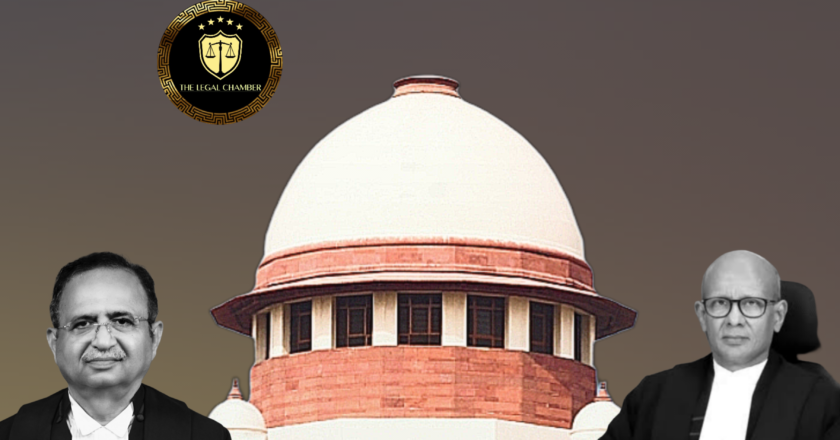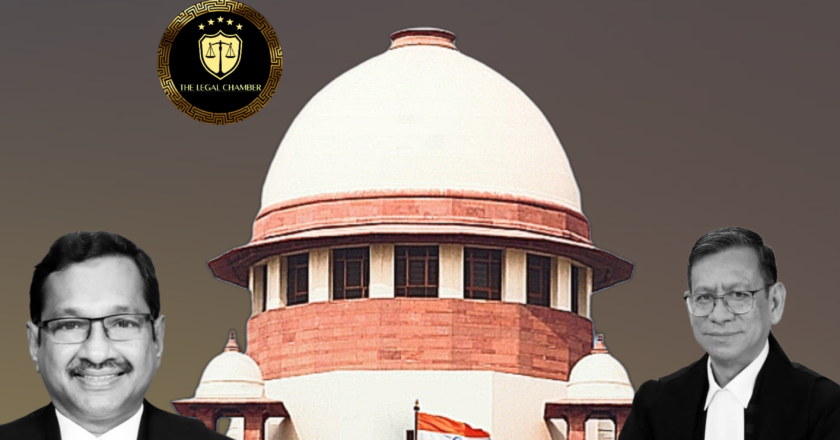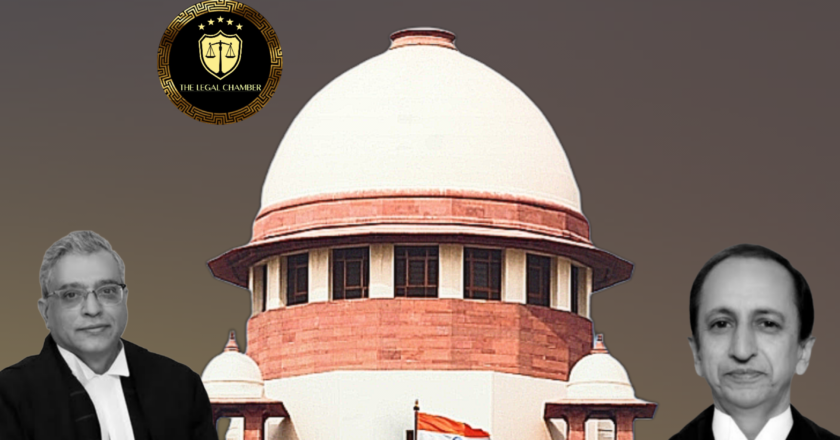Errors Do Not Change Decision – Supreme Court Dismisses Konkan Railway’s Review Plea in Resignation Dispute
The Supreme Court held that apparent errors in factual findings do not warrant review unless they materially alter the decision. Justice and equity may override strict contractual principles where long, unblemished service exists. Settled “no work, no pay” rule is not absolute; back-wages can be reduced proportionately without disturbing reinstatement. No review lies for re-argument.
Facts Of The Case:
Konkan Railway Corporation Ltd. approached the Supreme Court by way of a review petition against the judgment dated 13th September, 2024 passed in Civil Appeal No. 10567 of 2024. In the original appeal, the respondent-employee, S.D. Manohara, had challenged the decision of the High Court of Karnataka at Bengaluru, which had held that he could not withdraw his resignation. The employe...
